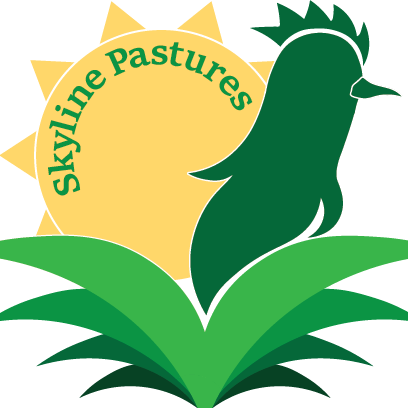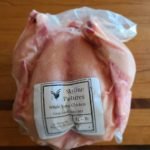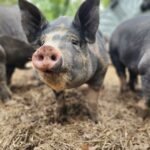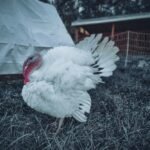Experimenting with Biochar (the freaky s#$%)
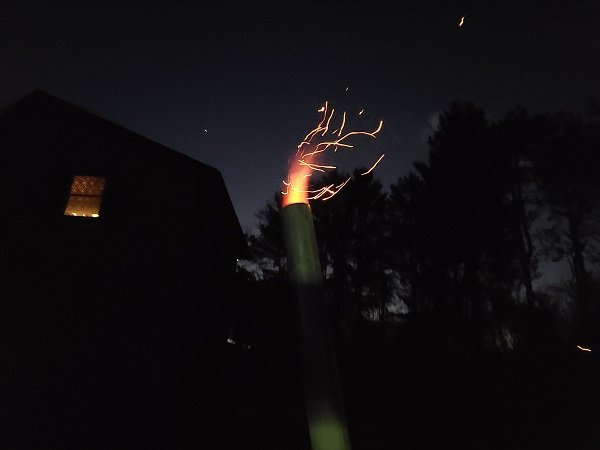
Spring is almost here! On our farm we are constantly improving everything we can regarding care of our animals and care of our land, and one exciting new way we are working to do just that is through the use…
